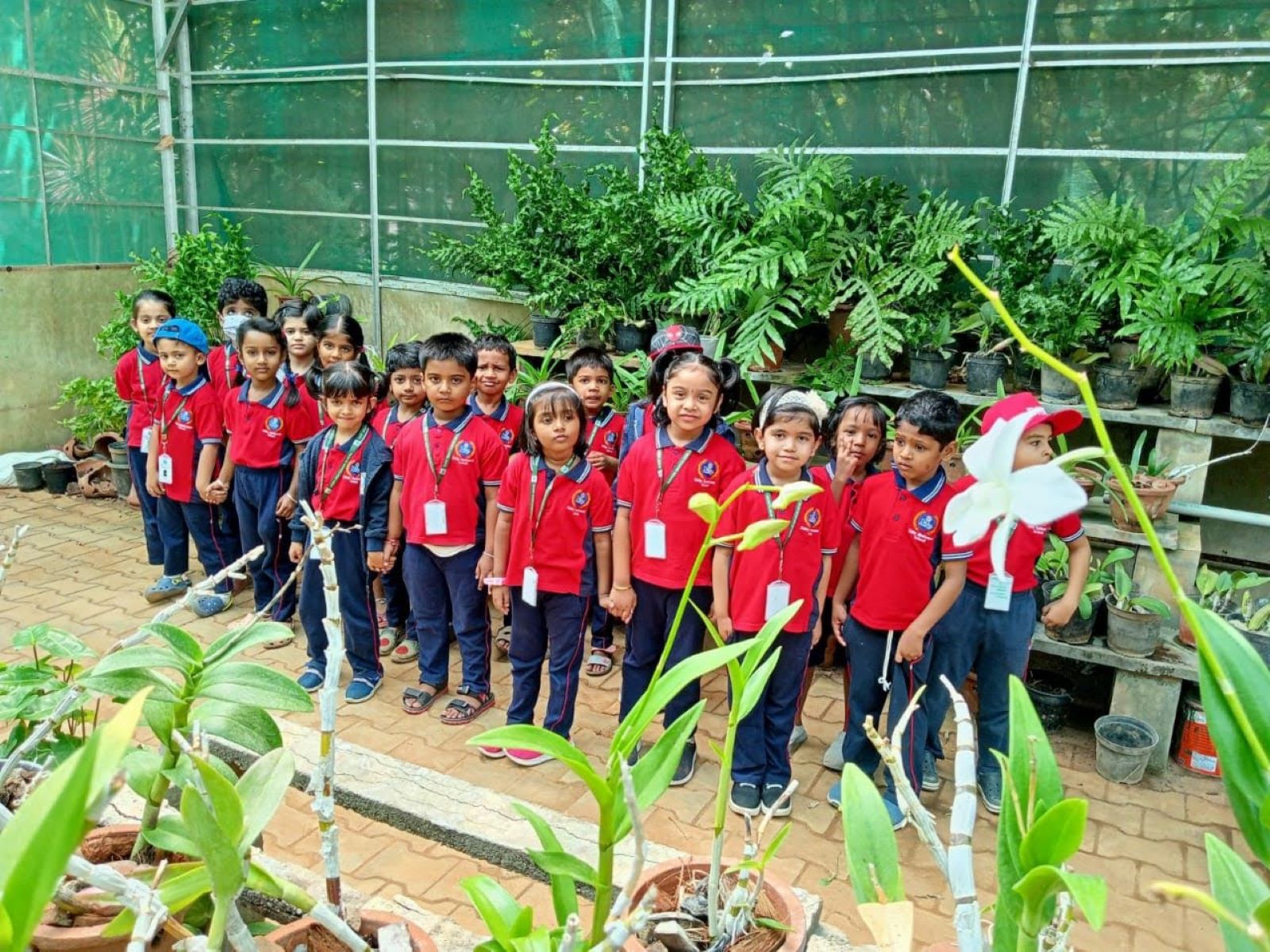IMPORTANCE OF EARLY CHILDHOOD EDUCATION AND CARE IN INDIA
Early Childhood Care and Education in India (ECCE) is gaining importance universally for its role in laying a strong foundation for the holistic development of a young child. It is conceptualized as an integrated provision for children from prenatal stage to 8 years, which addresses a child’s need for care, education, nutrition and health holistically, in consonance with a life cycle approach.
The first six years of a child’s life are globally acknowledged as being the most critical years for lifelong development, since the pace of development during these years is extremely rapid. The early experiences of children and the stimulation they receive are very important for the forming of synaptic connections in the brain in these early years and for the full development of the brain’s potential. A large number of children do not get an optimal child care environment in the earliest years of their lives, which can lead to developmental delays and deficits for life.
The early years can be divided into three main stages:
- An Infant-toddler stage for children 3 years and below, who require family or crèche based protective, consistent and responsive care and a stimulating environment, along with adequate nutrition and health inputs;
- An Early Childhood Education (ECE) stage, also known as the Preschool/Pre-primary school Education stage for children between 3 to 6 years, who require a centre/preschool based pre-primary education program;
- Early Primary stage for children between six to eight years. Although children between six to eight years are expected to be in primary school, they continue to be considered in the Early Childhood stage because they have developmental characteristics in common with the younger child. The smooth transition of these children from preschool to school becomes an area of concern and priority, in view of the significant dropouts in the early primary grades. At each of these substages, nutrition, care and health support continue to be important inputs, along with the educational content.
Two major objectives of early childhood education are:
- To promote all round development of children in terms of physical, social, emotional, creative, language and cognitive development, through a play based, age/developmentally appropriate program of activities and interactions which can provide them a head start for lifelong learning and development;
- To develop in children, school readiness through some specific kinds of play based, cognitive and language related activities and experiences which will foster in them skills and concepts related to readiness for learning to read and write and arithmetic (3R’s) prior to entry to primary schooling.
However, it is important to note that learning at this early stage must be directed by the child’s interests and developmental priorities and should be relevant to her family and social context and should not be academic and formal in content and method. Unfortunately, studies that have looked at ECE programs around the country reveal a predominance of academic instruction being imparted at this stage, which is clearly indicative of a downward extension of the primary curriculum; this can well be counter-productive for children since they are not yet mature or ready for this curriculum.

No Comments